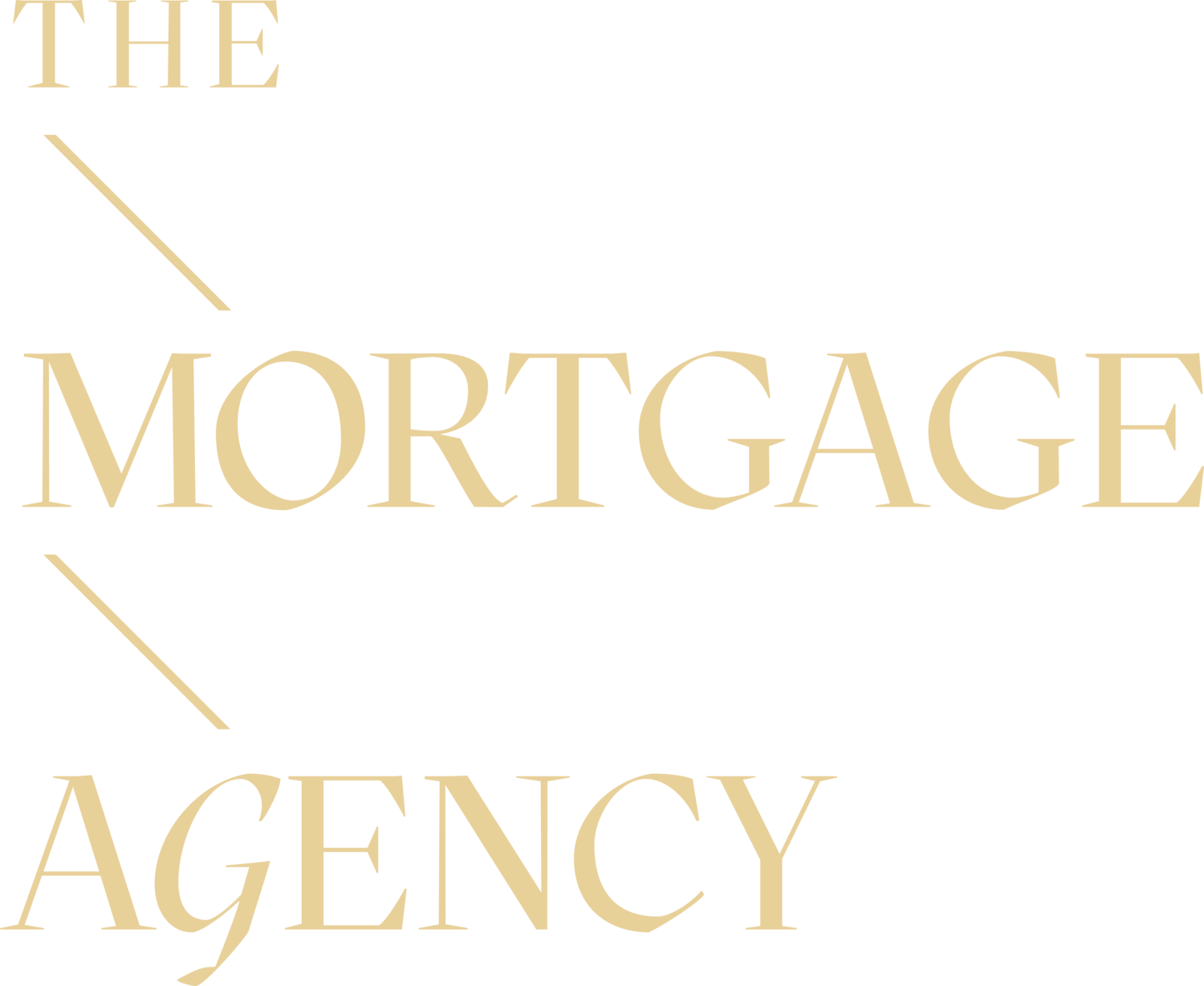Commercial Mortgages in Ontario
As licensed mortgage brokers, we provide commercial mortgages to clients across the province. The commercial lending space has changed greatly over the past 24 months, so it’s important to speak with a licensed mortgage broker.
Commercial mortgage rates in Ontario, like in any other location, can vary significantly depending on various factors, including the lender, the type of property, the borrower's creditworthiness, and the current economic conditions. Additionally, mortgage rates can change over time, so it's essential to check with lenders for the most up-to-date rates. The factors that influence commercial mortgage rates in Ontario:
Type of Property: Rates can vary depending on the type of commercial property you're financing. Common categories include office buildings, retail spaces, industrial properties, and multifamily residential properties. Lenders may offer different rates for each property type.
Loan Term: The length of the mortgage term can impact the interest rate. Shorter-term loans may have lower rates, but they often come with higher monthly payments. Longer-term loans may have slightly higher rates, but they provide more stability in payments.
Borrower's Creditworthiness: Your credit history and financial strength as a borrower will influence the interest rate you're offered. Lenders typically prefer borrowers with strong credit profiles.
Down Payment: The amount of the down payment you can provide can also affect your interest rate. A larger down payment can result in a more favorable rate.
Lender and Market Conditions: Different lenders may offer slightly different rates, and market conditions can also impact rates. It's a good idea to shop around and compare offers from various lenders to find the best deal.
Economic Conditions: The overall economic climate can influence interest rates. Central bank policies, inflation, and economic growth can all affect the direction of mortgage rates.
To get an accurate and up-to-date commercial mortgage rate in Ontario, contact our experienced of team of mortgage brokers to find the most competitive rates available.
We can provide you with rates based on your specific financial situation and the current market conditions.
What’s the difference between a Commercial and Residential Mortgage Broker?
Commercial mortgage brokers and residential mortgage brokers serve different segments of the real estate lending market. Here are the key differences between the two:
1. Target Audience:
Commercial Mortgage Broker: Commercial mortgage brokers specialize in assisting businesses and investors in obtaining financing for commercial real estate properties. These properties can include office buildings, retail spaces, industrial facilities, apartment complexes, and more. Their clients are typically businesses or individuals looking to invest in commercial properties for income or business purposes.
Residential Mortgage Broker: Residential mortgage brokers primarily focus on helping individuals and families secure mortgage loans for residential properties. This includes single-family homes, condominiums, townhouses, and multifamily residential properties with up to four units.
2. Expertise:
Commercial Mortgage Broker: Commercial mortgage brokers have expertise in the intricacies of commercial real estate financing, such as understanding the unique underwriting criteria, financing options, and investment analysis required for commercial properties. They often work with lenders who specialize in commercial lending.
Residential Mortgage Broker: Residential mortgage brokers specialize in residential mortgage products and understand the qualification criteria for residential borrowers, including credit requirements, down payment options, and government-backed loan programs.
3. Loan Complexity:
Commercial Mortgage Broker: Commercial real estate transactions can be more complex than residential ones due to factors such as property valuation, income analysis, and various financing structures. Commercial mortgage brokers are equipped to navigate these complexities.
Residential Mortgage Broker: Residential mortgage transactions tend to be more straightforward, with standardized mortgage products and lending criteria, making the process generally less complex than commercial transactions.
4. Loan Size:
Commercial Mortgage Broker: Commercial loans are typically larger in size than residential mortgages, given the higher cost of commercial properties. Commercial mortgage brokers specialize in arranging financing for substantial loans.
Residential Mortgage Broker: Residential mortgages are generally smaller in size, suitable for financing single-family homes or smaller multifamily properties.
5. Regulatory Environment:
Commercial Mortgage Broker: Commercial lending often involves fewer regulatory protections compared to residential lending, as businesses are presumed to have a higher level of financial sophistication. This can impact the terms and conditions of commercial loans.
Residential Mortgage Broker: Residential mortgages are subject to more stringent consumer protection regulations, including disclosure requirements and borrower rights.
In summary, commercial mortgage brokers and residential mortgage brokers cater to different types of clients and properties, requiring distinct areas of expertise and knowledge. When seeking financing for a property, it's crucial to choose a broker with expertise in the specific type of property you're interested in to ensure you receive the best advice and financing options for your needs.
